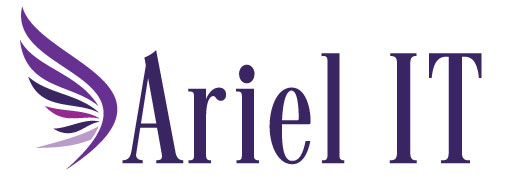Scary but True: The Click That Invited a Cyber Vampire
October is the season for spooky stories—but this one didn’t happen in a haunted house. It happened in a home office.
 The Incident
The Incident
It began with a simple text message.
A friend of mine received an urgent alert: “You missed a Zoom meeting!” The message looked official—convincing enough to raise alarm. In a rush to reconnect, she forwarded the message to her email and clicked the link to join the “meeting.”
That single click was all it took.
Instead of a friendly video call, the link summoned a digital intruder. Remote screen-sharing software silently installed itself. The attacker seized control of her computer, cloaking their activity behind a chilling full-screen message:
“Windows Update in Progress – Do Not Shut Down or Restart.”
It looked legitimate. But behind the curtain, the attacker was busy siphoning off her digital soul—exporting passwords, stealing browser data, and disabling system restore points to erase their tracks.
 What We Discovered
What We Discovered
- Credential Manager logs revealed attempts to access Azure AD credentials.
- ScreenConnect remote access software had been installed without consent.
- Passwords were exported, browser data stolen, and restore points removed.
- Signs of data migration to another Windows OS—like a phantom slipping into another body.
⚔️ How We Fought Back
- Reset all email passwords and revoked active sessions.
- Upgraded MFA from outdated methods to modern, Authenticator-based protection.
- Eradicated malicious software and scrubbed residual files using advanced tools.
- Filed abuse reports with hosting providers and sealed the network with firewall blocks.
- Installed Huntress and quarantined the compromised host.
But even with swift action, the attacker had already exfiltrated sensitive data. The damage was done. A grim reminder that one click can unleash a cyber nightmare.
️ Lessons from the Dark Side
- Never click links from unexpected messages—even if they seem urgent.
- Verify before you act. If something feels off, trust your instincts and contact IT.
- Enable MFA and keep your security tools sharp and updated.
Quick Tips to Avoid Phishing
- Always verify the sender before clicking links.
- Use multi-factor authentication on all accounts.
- Keep software and antivirus tools up to date.
- Report suspicious messages to your IT team immediately.
Ariel IT helps businesses simplify technology, strengthen cybersecurity, and stay compliant with evolving standards. As Business Professionals - Technical Experts, we partner with organizations to deliver reliable IT solutions that support growth and peace of mind. Contact us to learn more
